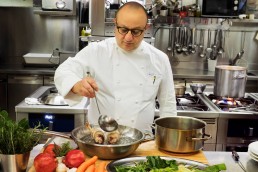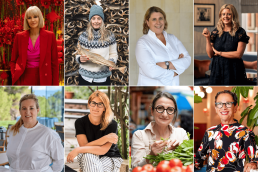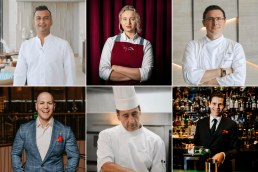Interview: Ciccio Sultano on Sicilian culture and his favourite pizza
A pioneer of modern Sicilian gastronomy, Ciccio Sultano is known for his two-Michelin-starred restaurant Duomo in Ragusa, and for his position as Head Chef of Giano at the W Rome. His cuisine references the Italian island’s unique regions and produce the myriad of invading cultures that, throughout history, have come to define it.
He sat down with Supper to talk about no-frills cuisine, sustainable restaurants and his favourite pizza joint.
When did you first fall in love with cooking?
When I was 16 years old and working at the pastry shop Sweet in Vittoria by Vincenzo Corallo. It was a fine establishment; I was working there as a bartender and dealing also with the pastry section and the food for the diners. Additionally, I really enjoyed cooking for my friends – cooking rockfish and bigger fish. Thanks to those early experiences, a dish called ‘Ricordi infilzati’ (skewered memories) was born.
How would you describe your culinary style?
My cooking style is Mediterranean – like my culture – and marked by Sicily’s sunny mood. In my dishes, you can find a mixture of Sicilian stories and dominations. And this rich heritage is all related to an island as big as The Netherlands, with unique techniques, ingredients and products. Our task is to translate the past into the future.
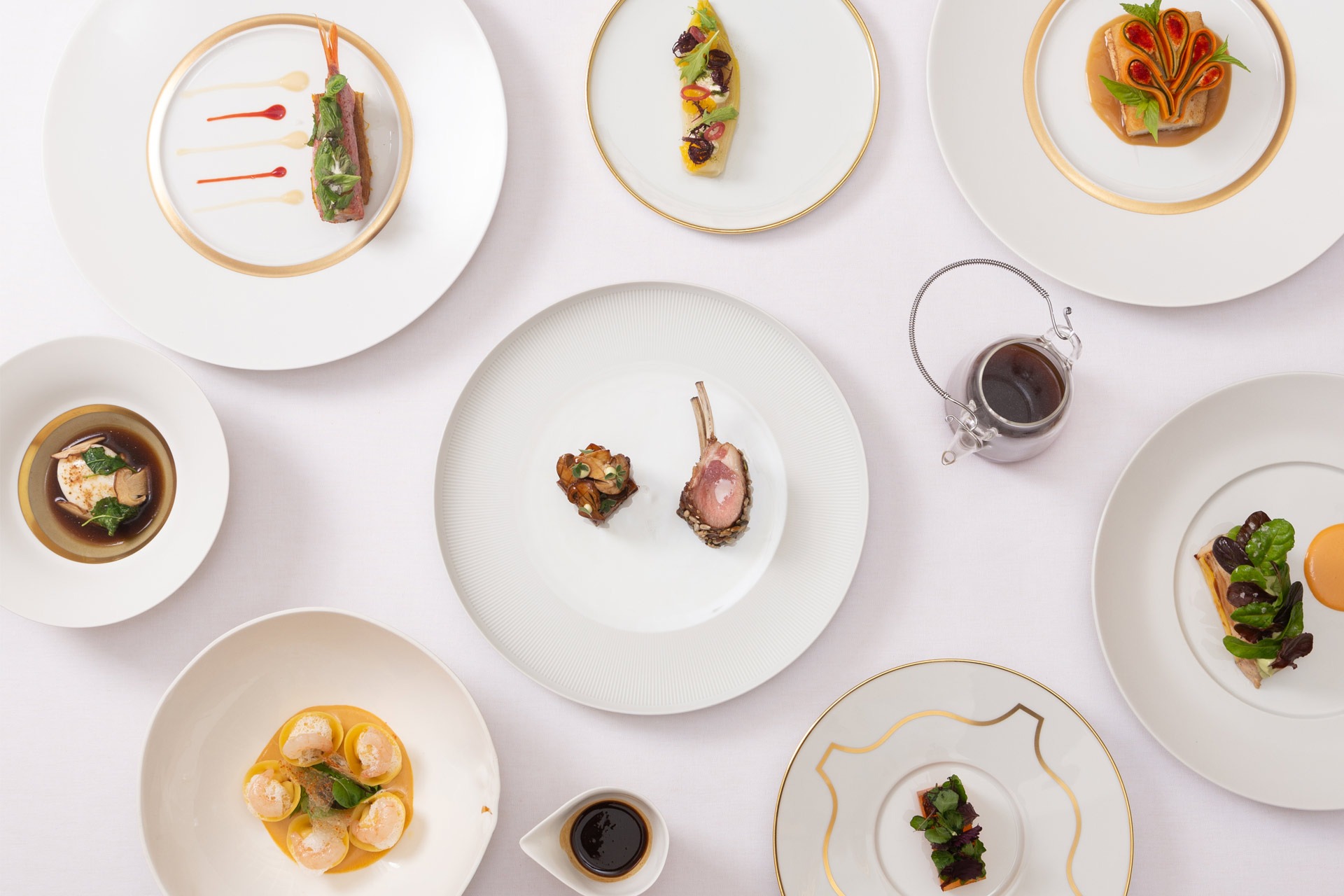
How would you describe your culinary approach to Giano at the W Rome?
At Giano, we propose ‘cucina educata’ (educated cuisine), a concept we have been developing since 2015 with the project of I Banchi in Ragusa Ibla. It’s about a traditional but gentle familiar cuisine with no frills – so authentic and curated that it has nothing to envy gourmet cuisine.
What is the most important lesson you’ve learned during your career?
Luck is not something that just happens: you build it day by day, piece by piece.
What are the biggest challenges faced by the hospitality sector at the moment, and how are you tackling them?
Today, more than ever, it is necessary to have a vision and a sense of measure. Everything must fit together: management, philosophy, practice, risk calculation, communication, sustainability, health and success. Knowing what you want from yourself and what your guests expect from you is crucial. No trend lasts forever: it’s instead a matter of confidence that you build over time and a non-fleeting dose of consistency.
Which chefs have inspired you?
I started by reading a lot, both magazines and books. My model of a chef is connected to the land and to being a great host. Over the years, I have been inspired by the accuracy of Marchesi, the over-enthusiasm of Vissani, the greatness of Michel Bras and, in general, by the skills of French people who know how to sell well what they are worth.
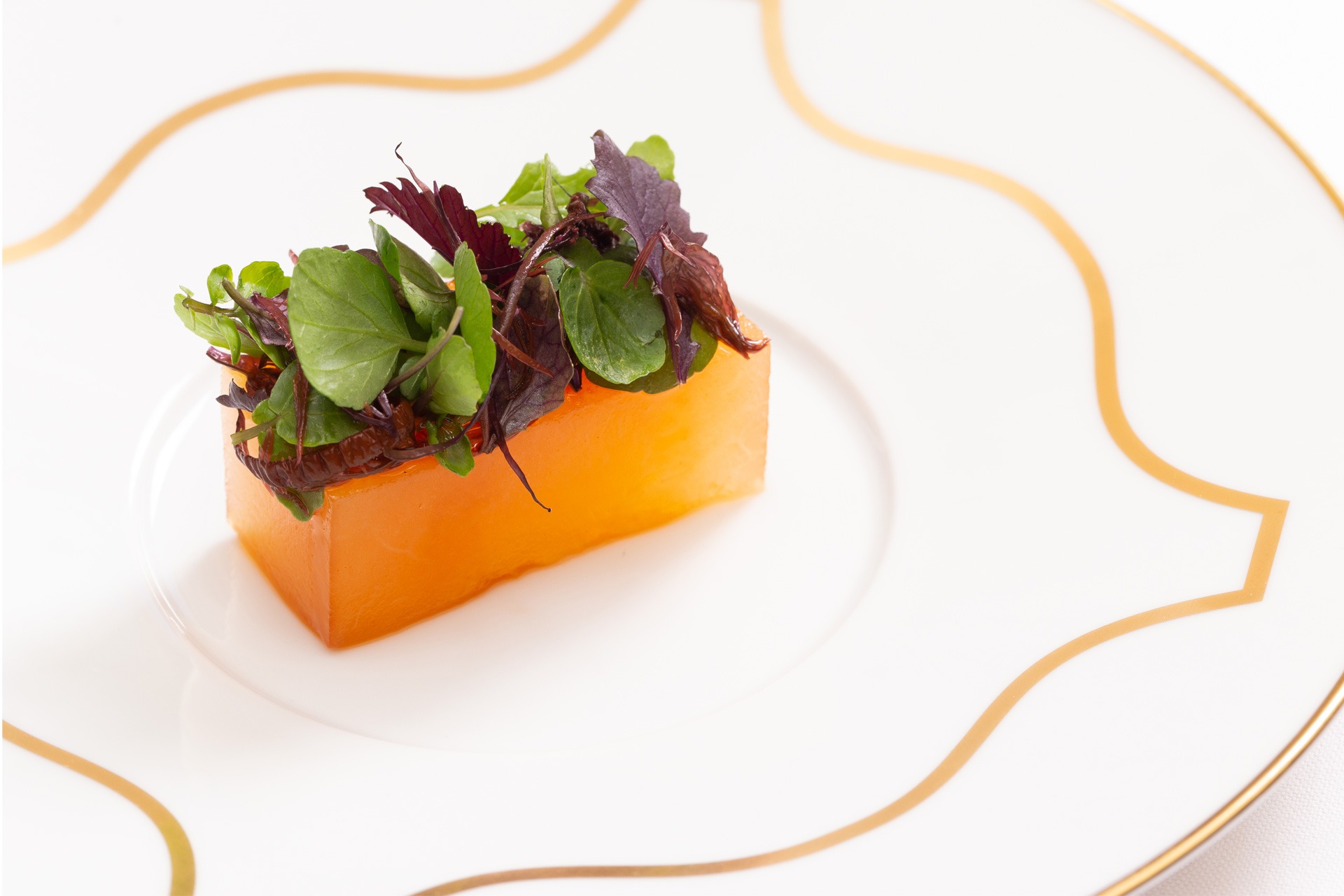
What is your approach to sustainability in your cooking?
It is a daily approach made of simple and regular gestures: turning off the lights, reducing water consumption, reusing plastics and, when possible, not using plastics at all. Avoiding waste in every form is already a great achievement in this area. For example, we use purified water that satisfies the water needs of 30 people: that’s quite a lot in terms of saving on plastic bottles. In any case, those who do not make their business sustainable are going nowhere; it is uneconomical.
Which new sustainability initiatives are working well for you at the moment?
In addition to what I’ve already said, being sustainable means also supporting producers doing well in what they do, choosing everyday the path of quality. We owe respect to the world around us, starting from our places.
What would you like your next project to be?
I would love to open an environmentally sustainable farm and a restaurant in Milan.
What is your favourite dish, and who cooks it?
Pizza, at A Varcuzza restaurant in Donnalucata, Sicily.
Related Posts
8 March 2024
IWD 2024: Celebrating women in hotel F&B
1 February 2024
